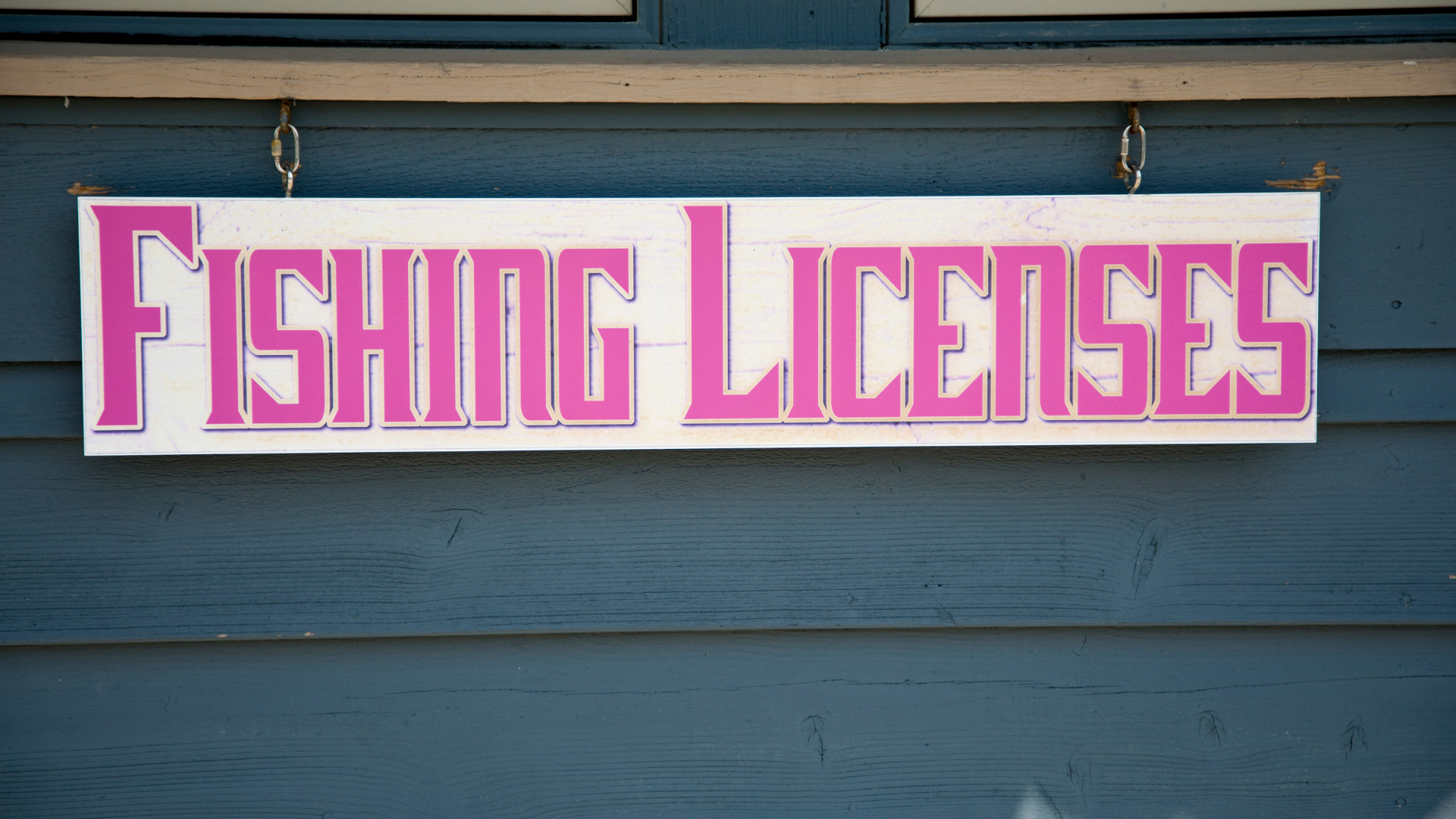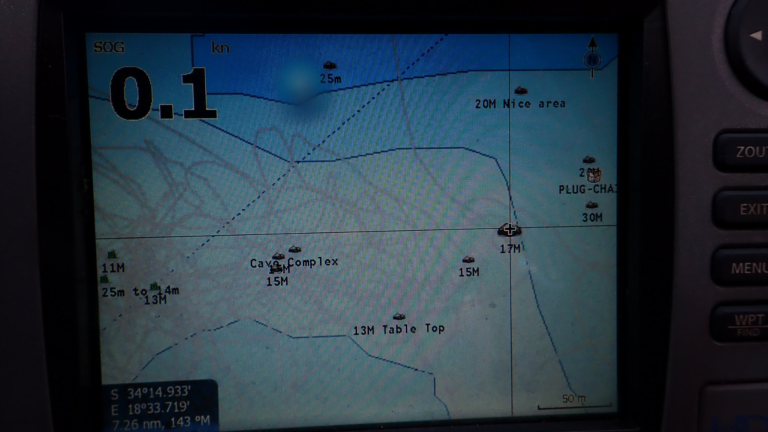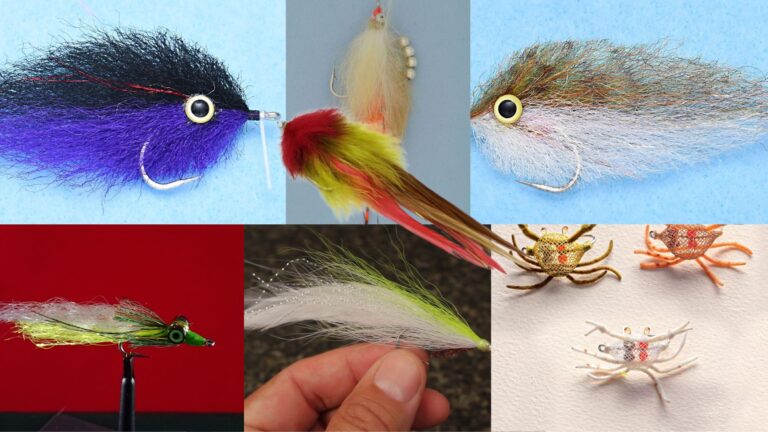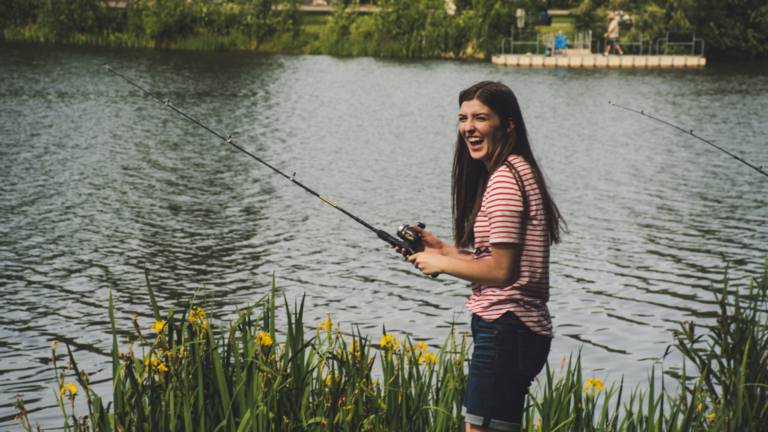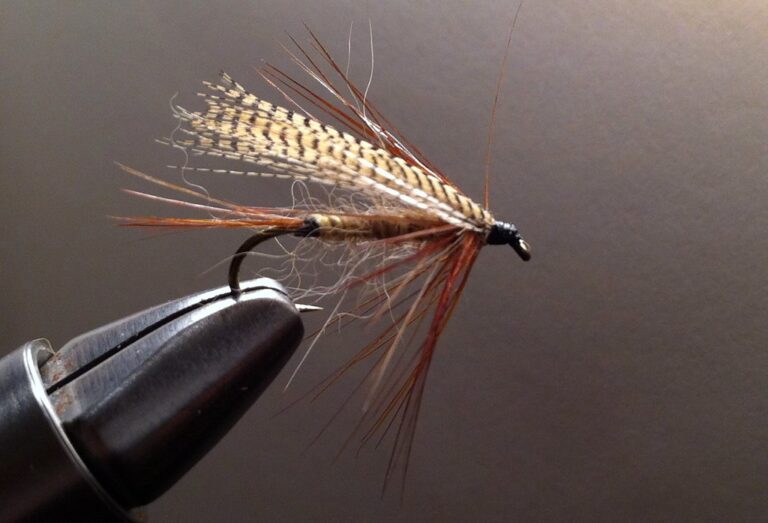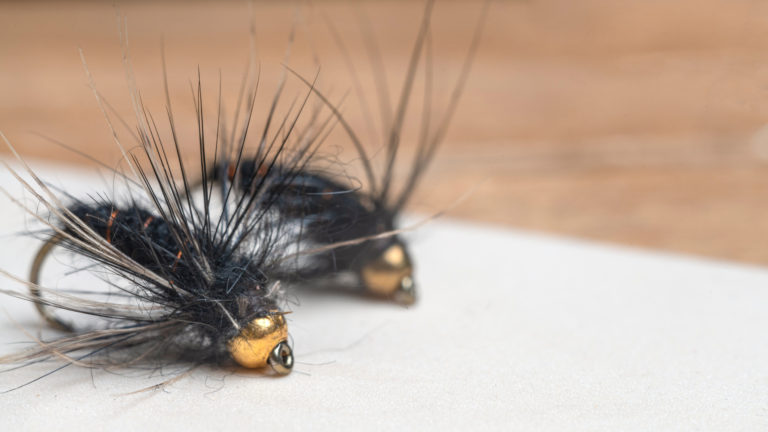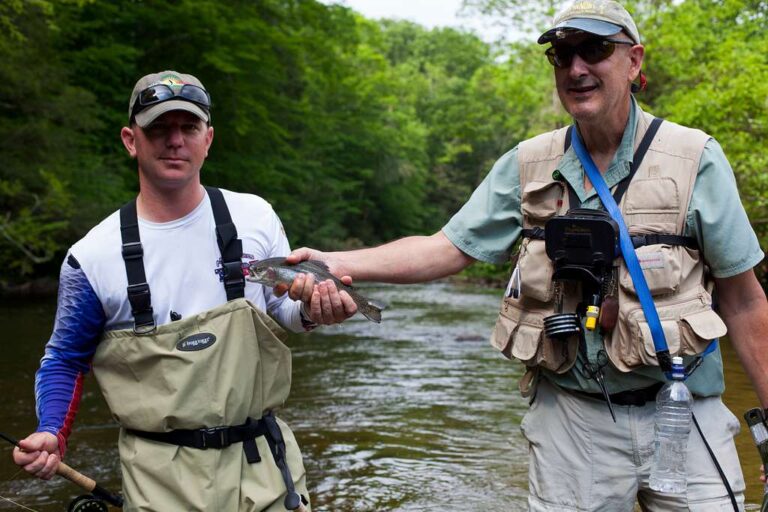Everything You Need to Know About Getting a Fishing License US
EVERYTHING YOU NEED TO KNOW ABOUT GETTING A FISHING LICENSE US
Introduction
A fishing license is required if you wish to fish in the United States. A fishing license is not only required by law, but it also contributes to the maintenance of a healthy fish population. For newbies, obtaining a license is the first step toward learning and following fishing restrictions. For expert fishermen, it is a chance to help preserve our waterways. In this piece, I will discuss fishing permits. So, why wait!? Let’s dig into all you need to know about obtaining a fishing license in the United States!

1. Who Needs a Fishing License in the USA?
First of all, you have to understand who needs the license. The truth is: If you want to fish in public water like lakes, and rivers in the USA then you need a license. If you license, you are doing a great job of legalization and fish population management at the same time. Each state has different rules for licensing. Some of the main rules are almost the same in all states. Some states exempt this license in certain circumstances. For example, many states have designated free fishing days where anyone can fish without a license. Furthermore, fishing on private land with the owner’s consent usually does not require a license. Special licenses may also be issued to organizations such as handicapped veterans. However, in most jurisdictions, any angler above the age of 16 must get a fishing license to fish in public waterways.

The limitations on younger fishers may alter, although children are seldom required to get a license. Residency can also impact licensing requirements. Residents in most states pay lower rates than nonresidents. Senior citizens, particularly those 65 and older, may be eligible for cheap or free licenses in several jurisdictions. Before you cast your line, be sure you understand your state’s specific requirements.
Having the proper license not only puts you on the right side of the law but also aids conservation efforts, ensuring that our waters remain abundant for future generations.
2. Types of Fishing Licenses Available
There are mainly 4 types of fishing license in the US. Try to understand by looking at the table.

| Freshwater vs. Saltwater licenses |
| Short-term vs. annual licenses |
| Special licenses for specific fish species or fishing methods |
| Combination licenses for hunting and fishing |
- Freshwater vs. Saltwater licenses
In the US you have two options for fishing. You can fish in the Freshwater and you can also fish in Saltwater. Freshwater like Lakes, rivers, ponds. And as you know saltwater refers to the ocean. Every type of water requires its own license. If you wish to fish in both types of water, you may need two different permits, however, some jurisdictions provide a combination license for both.
- Short-term vs. annual licenses
Not everyone fishes year-round. Short-term permits are ideal for infrequent fishermen. These might last one day, a few days, or a week. If you wanna fish frequently then you need a yearly license, which lasts the entire year, may be more convenient and cost-effective.
- Special licenses for specific fish species or fishing methods
Some fish are rare or need extra protection. To catch these fish, you might need a special license. For example, if you want to catch trout, salmon, or use certain fishing methods like trapping or bow fishing, you may need an additional permit. These special licenses help manage and protect fish populations.
- Combination licenses for hunting and fishing
This license is for those people who like fishing and hunting both. Many states offer this license. This type of license covers both activities, making it easier and often cheaper than buying separate licenses for each.
3. How to Apply for a Fishing License
Getting a fishing license is easy and important. I Am going to show you how to get a fishing license. Generally there are 3 processes to get a fishing license.

| Online application process |
| In-person application locations |
| Required documentation and information |
- Online application process
Applying for a fishing license online is too simple and quick. You can visit your state’s wildlife agency website and find the section for fishing licenses. Follow the steps, fill in your information, and pay the fee. That’s it! Now you can print your license at home or save a digital copy on your phone.
- In-person application locations
If you prefer to apply physically, there are many places you can go. Sporting goods stores often sell fishing licenses. You can also visit state wildlife offices. Just ask an employee, and they will help you get your license.
- Required documentation and information
When you apply for a fishing license, you will need some basic information. But don’t worry! This usually includes your name, address, date of birth, and sometimes your social security number. If you are applying for a special license or a discount (like for seniors or veterans), you might need to show proof, like an ID card.
Here are some tips for a smooth application process.
Check the Requirements: Each state has different rules, so make sure you know what you need. To avoid any unwanted situations, recheck everything.
Have Your Info Ready: Gather all the information and documents you need before you start.
Plan Ahead: Don’t wait until the last minute to get your license, especially if you are going on a trip.
Keep a Copy: Always keep a copy of your license with you while fishing, either printed or on your phone. It can help you a lot.
4. Costs and Fees Associated with Fishing Licenses
Getting a fishing license in the USA comes with a cost, and this can vary depending on several factors. Let’s discuss costs.
- Average costs by state
The cost of a fishing license depends on the state where you are fishing. On average, a basic annual fishing license can cost anywhere from $15 to $50. Some states might be cheaper, like $8-10 or less while others could be more expensive like $80-150 or more.The cost may be more or less depending on some seasonal factors. Always try to check the price before you are going to get a license.
- Factors affecting the cost
Several things can affect how much you pay for a fishing license. Like Kids and senior citizens often get discounts. In many states, children under a certain age (like 16) may not need a license at all. And also residents usually pay less than non-residents.
5. Fishing License Regulations and Important Rules
When you go fishing, it’s important to follow some key rules. Many times there are some restrictions on fishing. Catch limitations and size restrictions imply that you can only catch a particular number of fish, and they must all be the same size. This helps to safeguard fish populations. There are some seasonal restrictions. Seasonal limitations and protected species laws imply that certain fish can only be taken at particular times of the year, while others are protected and cannot be fished at all. Some localities may require you to register your catch and keep a logbook. This helps to track fish populations and ensures that the laws are followed.
And always remember If you fish without a license, you may risk significant fines or have your gear confiscated. To prevent getting into problems, always have your license and follow the regulations.
Conclusion
Getting a fishing license is quite crucial. It helps to safeguard fish and the environment. Always obey state regulations to make fishing enjoyable and safe for everybody. Remember to follow the rules, carry your license, and respect the restrictions. This allows you to enjoy your fishing activities in a responsible and legal manner.
